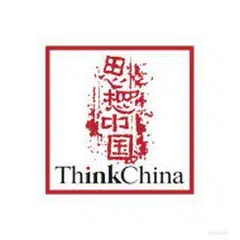Jack Ma has returned but Chinese entrepreneurs will still have a hard time
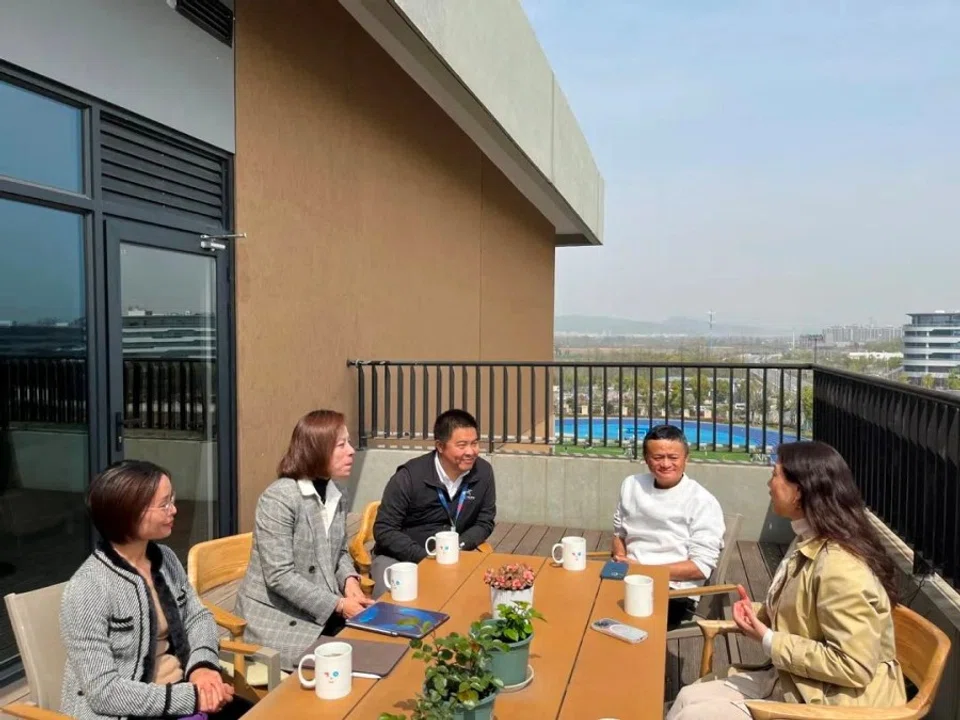
Jack Ma's return to China has attracted a lot of attention, as if it is significant. In fact, it is just him moving in and out as a Chinese citizen, and is not significant.
Having relinquished control of Ant Group and with Alibaba being split up, Jack Ma the icon is gone. The current Jack Ma is a civilian, a billionaire on the path of "China-style modernisation", no longer linked to economic development. Jack Ma's fate lies in the fact that China cannot change the dual identity of entrepreneurs.
The bourgeoisie = entrepreneurs
What is an entrepreneur? In January 2018, the China Social Sciences Press published the Chinese edition of Bourgeois Dignity: Why Economics Can't Explain the Modern World. The Chinese edition translates "bourgeois" as "entrepreneurs", which reveals the double identity of entrepreneurs in China. Under the market economy, the bourgeoisie refers to entrepreneurs at large, including all those who hire others, own assets, specialise in a particular skill, or are educated.
However, under Chinese socialism, according to Marxism, employers are capitalists and exploiters.
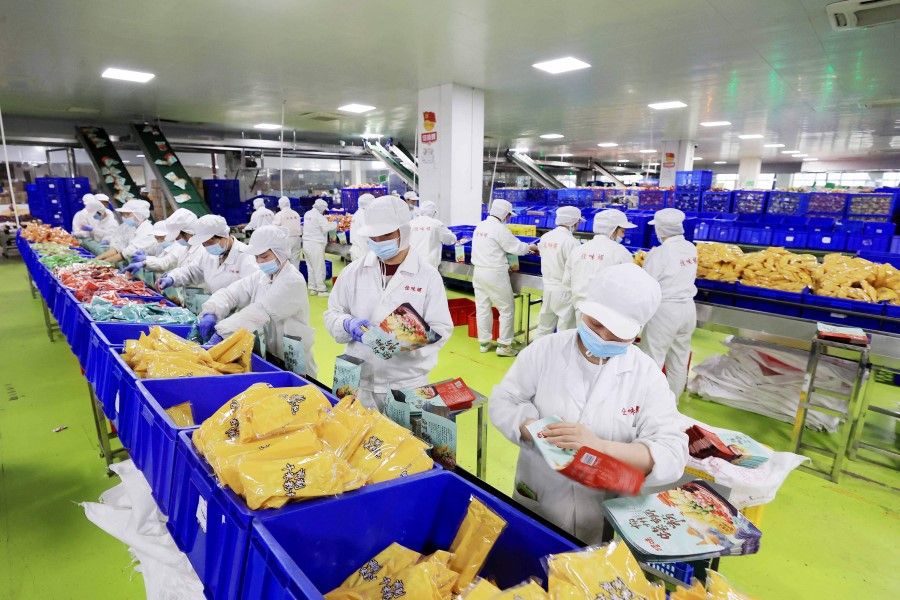
The author of the book points out that perhaps the real reason behind human prosperity is the fact that entrepreneurs came to have dignity and economic freedom as a result of a shift in opinion about markets and innovation, which led to the industrial revolution and the modern world that followed.
Dignity here refers to the dignity that comes with economic freedom, and which accompanies it. Economic freedom without dignity cements social classes and makes individual life hopeless. Such a shift in opinion led to societal innovation that allowed us to live prosperous lives.
This means that under the market economy, individuals who engage in economic activities such as "hiring others and owning assets" are entrepreneurs.
Entrepreneurs = capitalists
However, under Chinese socialism, according to Marxism, employers are capitalists and exploiters. "Capital comes dripping from head to foot, from every pore, with blood and dirt." Capitalists are capital personified, and their soul is the soul of capital, which is why China's socialist society after October 1949 deprived capitalists of the gains of exploitation.
The dual identity of entrepreneurs and capitalists means that the joys and sorrows and brilliant achievements of employers would change according to China's political needs.
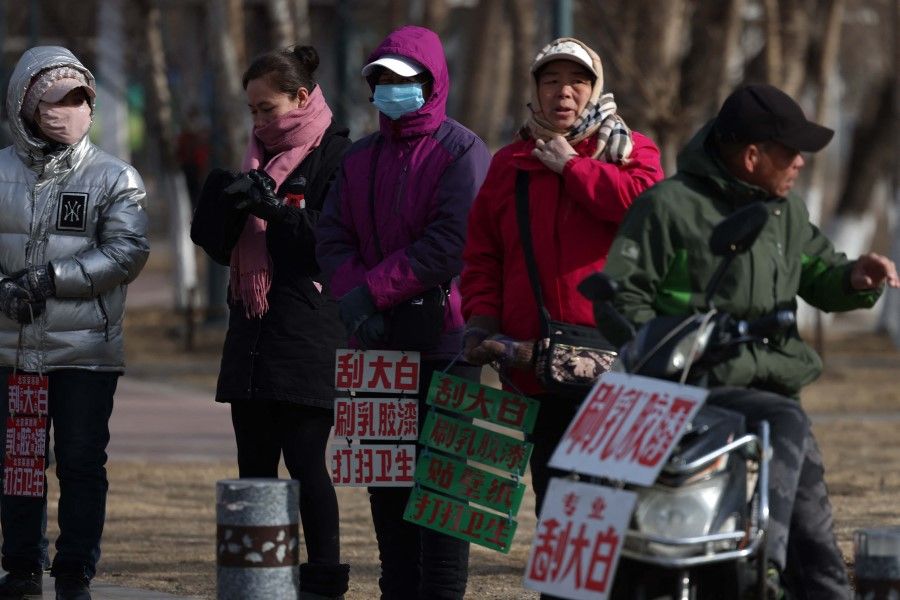
Marx demonstrated that "the expropriators are expropriated", because the capitalists' original funds were long squandered, and the remuneration for participating in production organisations was insufficient to maintain their extravagant lives; only the continuous generation of surplus value could sustain the capitalists' boundless extravagance.
The dual identity of entrepreneurs and capitalists means that the joys and sorrows and brilliant achievements of employers would change according to China's political needs. In October 1949, China established a society founded on New Democracy with its corresponding economic system, where the bourgeoisie existed as a class and held a certain position in the state system. Liu Shaoqi encouraged the bourgeoisie to build a new China, giving a speech that was later dubbed the "exploitation is good" argument (剥削有功论).
The difficulty with Liu's narrative lies in that he did not think like an entrepreneur, and was unable to use the language of economics to rationalise businesses pursuing profit. He could only use the words "exploiter" and "exploitation" to encourage employers to develop the economy. Liu thus concluded that exploitation is not only not a sin, but also has merit; capitalist exploitation is now something to one's credit, and the larger the scope of exploitation and the more workers are exploited, the better.
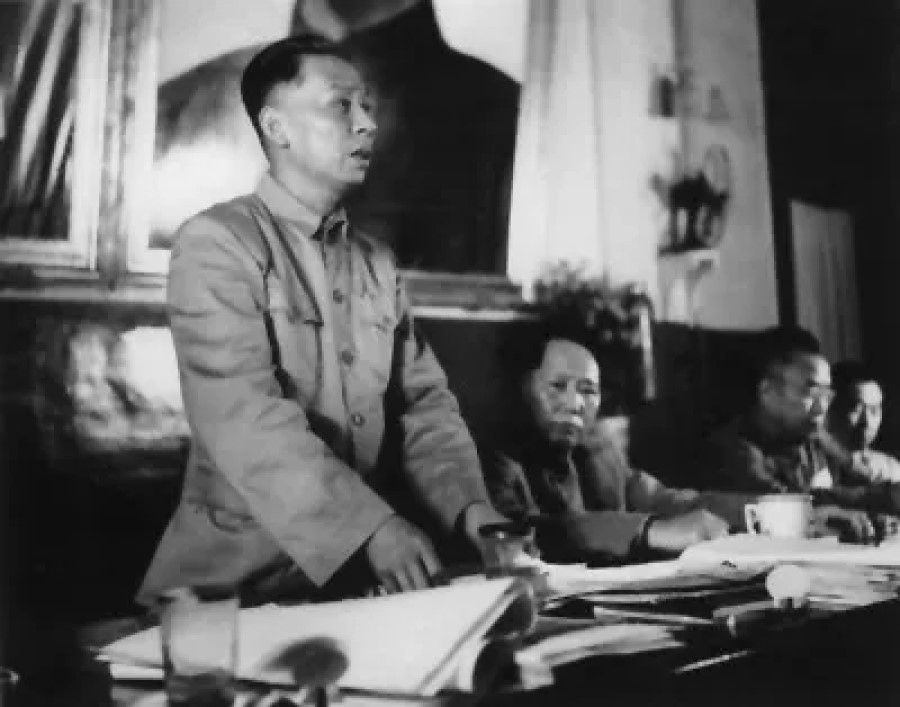
Mao Zedong did not face the same difficulty as Liu. He completed the mission of "expropriating the expropriators" through the "Three Great Transformations" of socialism, where capitalists became self-reliant labourers. That is, those who were employers before the Three Great Transformations were parasitic freeloaders who did not work but benefited from the labour of others.
During the Cultural Revolution, these former employers had their homes searched and property confiscated, making them completely proletarian. Politically, these individuals belonged to the "Nine Black Categories" (黑九类, meaning landlords, rich farmers, anti-revolutionaries, bad influences, right-wingers, traitors, spies, capitalist roaders and intellectuals), oppressed and never to rise again. This is how employers tasted the iron fist of proletarian dictatorship in the face of socialist revolution.
He [Jack Ma] said in an interview in 2013: "I already know how I will end up; it rarely ends well for Chinese entrepreneurs."
Curse of the dual identity of entrepreneurs
Deng Xiaoping's reform and opening up turned the page for the tragic Chinese who "employed others". To develop the market economy, the Chinese finally realised that they needed to call employers "entrepreneurs". Thus, that era saw the rise of entrepreneurs such as Nian Guangjiu, Bu Xinsheng, Lu Guanqiu and Zong Qinghou. Ma became an icon among entrepreneurs - Alibaba and Alipay changed Chinese people's way of life and the way the economy functioned.
But despite these luminaries' achievements, they would always be thought of as entrepreneurs and capitalists, and never shake off the bad reputation of being a capitalist. This is perhaps the destiny of Chinese entrepreneurs, as Ma is fully aware of. He said in an interview in 2013: "I already know how I will end up; it rarely ends well for Chinese entrepreneurs."
Instead of affirming the contributions of Chinese entrepreneurs such as Ma, Liu Chuanzhi and Chu Shijian, countless netizens praised Sima Nan and other "Big Vs" (大V, verified Weibo personalities with a large following) for attacking Liu. Making money from website traffic, Big Vs such as Sima truly exemplify what the remark "being anti-American is work, living in America is life" means. But observers should consider the social milieu in which such personalities are fanning the flames of nationalism - why is one able to win public opinion when one attacks entrepreneurs in China?
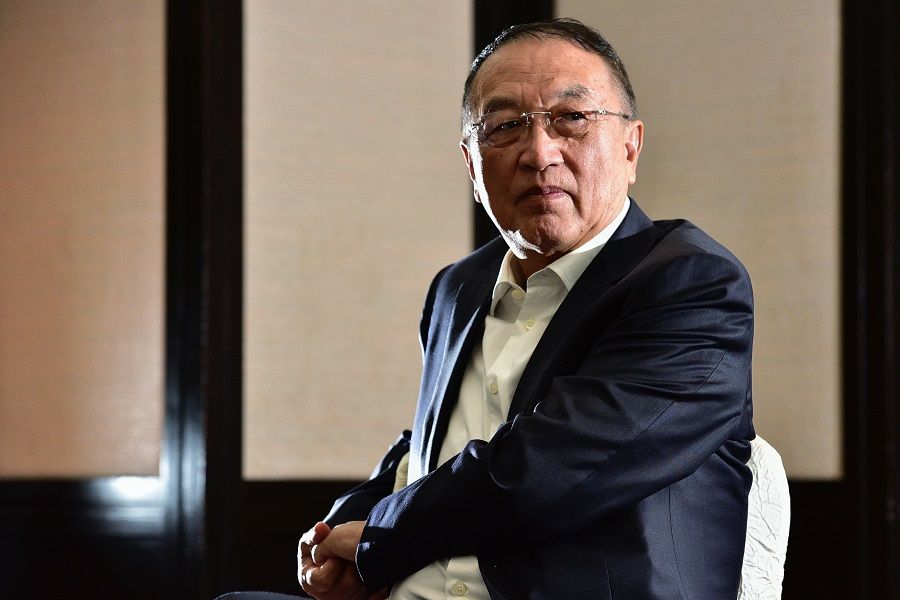
An important reason is because reform and opening up has widened the rich-poor gap and the people have developed a hatred for the rich. People are increasingly convinced that the capitalists are exploiting the common people when they see that they are much poorer than their relatives, their former friends and peers, and the wealthy people frequently shown in the media. Their relative poverty convinces them that someone must be exploiting them. Looking at the rich who live extravagant lives, they are naturally reminded of the class struggle.
... the older generation's yearning for the old days of egalitarianism is influencing the views of the post-90s and post-00s generation...
Young and old harking back to the old days
When one sees Chinese society with an off-kilter mindset, one would inevitably hark back to the old days of egalitarianism. Back then, everyone was supposedly happy with a monthly stipend of 36 RMB (thus the saying "36元万岁", or long live 36 yuan). Noting that everyone enjoyed the same living standards, these people begin to glorify the meagre life that the people lived in the old days of egalitarianism.
Even as the Chinese media considers the negative effects of the Great Leap Forward and label the Cultural Revolution as "historical nihilism", the older generation's yearning for the old days of egalitarianism is influencing the views of the post-90s and post-00s generation - the younger generation's dissatisfaction with the rich-poor gap and their ignorance of history have turned them, along with the older generation, into the group of people described in Gustave Le Bon's The Crowd: A Study of the Popular Mind.
These people worship Mao Zedong, detest American imperialism, have utopian aspirations and fly the banner of patriotism. They are the social bedrock of attacks on private entrepreneurs by the likes of Sima and Wu Xiaoping. Sima's rhetoric of lambasting the "original sin" of private entrepreneurs such as Liu Chuanzhi resonates with this group, and so too Wu's utopian championing of public ownership in favour of the private economy.
While this group of people hate the rich, they do not oppose bureaucracy - a minority of them even call for the Chinese people to bow down and kneel to officials. They will never agree that democracy, rule of law and market economy are good for the common people - in fact, they oppose the market economy and yearn to return to the planned economy and the old days of ownership by the whole people (全民所有制).
... as long as the dual identity of Chinese entrepreneurs being also capitalists stays unresolved, hundreds of millions of people will not respect capitalist entrepreneurs.
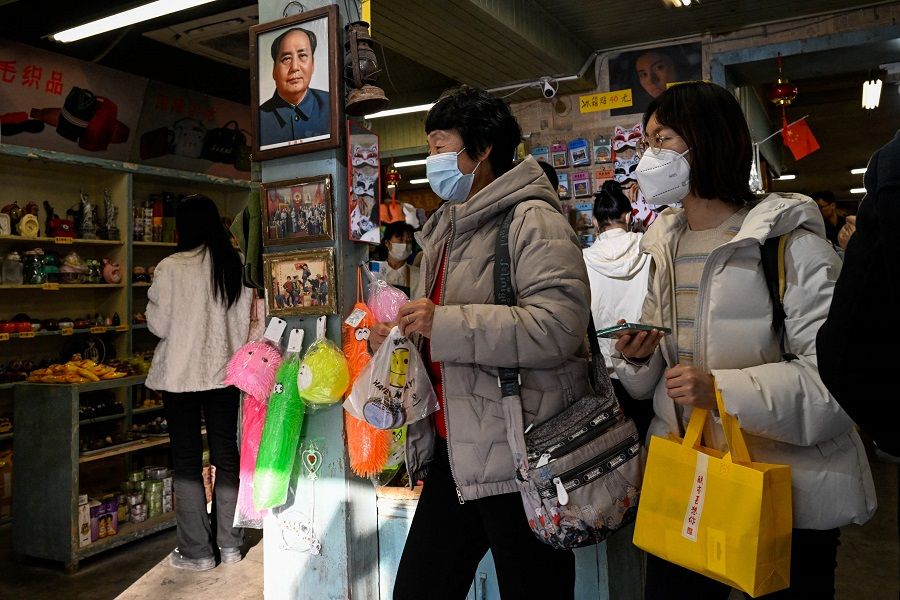
These people's ideological tenets are Marxism and Mao Zedong Thought and they look at society through the lens of class struggle. This group is also a double-edged sword for China's rulers: on the one hand, they can help to maintain the status of the ruling party, but on the other hand, they may also hinder the authorities from implementing certain policies.
As such, to drive economic development, China's new leadership team would have to reassure private entrepreneurs of their support, which would also mean stopping the Mao worshippers from criticising entrepreneurs on social media. To show that private entrepreneurs have the support of the government, Hainan province even issued a notice to its officials not to detain or prosecute private entrepreneurs as far as possible.
While these moves may seem extremely favourable to entrepreneurs, it in fact contains great uncertainty because as long as the dual identity of Chinese entrepreneurs being also capitalists stays unresolved, hundreds of millions of people will not respect capitalist entrepreneurs. If entrepreneurs are not respected, the market economy cannot be developed - guiding the economy with the help of government directives only applies to planned economies.
Related: How Chinese private firms can be made more confident of the government's support | China's distrust of private enterprises goes back a long way | How China's 'poor' ultra-rich can truly become world-class entrepreneurs | Where to now for Alibaba in the post-Jack Ma era? | Celebrities scrubbed from the Chinese internet: Victims of China's social revolution?
